India is a land of contrasts. It is the world’s most populous democracy, but still upholds the caste system. It is a burgeoning economic superpower but one of the poorest nations on earth. It is the home of the world’s biggest movie industry after Hollywood as well as to still-practiced religions that are millennia old. As India celebrates fifty years of independence in 1997, the world will want to know, more than ever before, just what India is all about.
As she has proved in three previous books–her wry take on the marketing of the mystic east in Karma Cola; the rich historical saga of Raj; and the beguiling tales of A River Sutra–there is no better guide to India’s multi-hued mosaic than Gita Mehta. She knows India in all its rich detail–its folkways and history, its culture and politics, its ancient traditions and current concerns. In Snakes and Ladders, she gives a loving but unflinching assessment of India today, entertaining, informative, and wholly personal.
Combining a topic that will be in the news all year with a high-profile writer known for her sharp tongue and brilliant observations, Snakes and Ladders is sure to be one of the most talked-about and reviewed books of 1997.
Review
Gita Mehta is a keen critic of her homeland. In her brilliantly satirical
Karma Cola she skewered the guru business and the marketing of Eastern spiritualism. In
Snakes and Ladders Gita widens her net to include politics, economics, religion, and so much more. The 35 essays contained in this collection are wholly personal accounts of national events; recalling Gandhi’s funeral, Gita finds her humble memories of the actual event quite different from the scenes depicted in
Richard Attenborough‘s film,
Gandhi: when she asks one of Gandhi’s grandsons whether the Mahatma did indeed receive a huge military funeral as the film showed, he replies that such a ceremony did briefly take place, invented by Nehru and Mountbatten “for the record.” “What record?” Gita wonders. “Soldiers? Gun carriages? For the disciple of nonviolence? … He did not even reach his funeral pyre before his luck ran out.”Gita Mehta’s lively, informative, and witty essays are an excellent introduction to the subcontinent for readers who may not be familiar with India’s culture or history. Gita explains her title choice by comparing the country’s fortunes with the ancient game of Snakes and Ladders: ” … it seems we Indians have vaulted over the painful stages experienced by other countries, lifted by ladders we had no right to expect. At other times we have been swallowed by the snakes of past nightmares … ” Readers of
Snakes and Ladders will find themselves eagerly scaling the ladders, then sliding down the snakes’ gullets in happy pursuit of Gita Mehta’s perceptive portrait of India as she knows it.
Mehta, the daughter of revolutionaries, remembers watching Mahatma Gandhi’s funeral procession as a child, uncertain as to what she was witnessing but absolutely sure of its significance. Now, as her homeland celebrates its first 50 years of independence, Mehta, a journalist and author of the novel A River Sutra (1993), offers a set of direct and lucid essays about the hectic pageant that is life in India. Mehta covers everything from the plight of the displaced poor to politics (both noble and corrupt), the relentless collision of cultures and religions, India’s textile industry, the perversity and dire consequences of its deforestation, Indian literature and film, and, on a more personal plane, love and longing. In each piece, Mehta captures a different aspect of India’s confounding mix of the pragmatic and the sacred, the ugly and the beautiful, the stoic and the ecstatic, expressing an abiding sense of wonder, considerable pride, and some anger. Mehta is like the cosmic spider of Indian mythology, weaving the myriad threads of Indian history, spirituality, and cultural vitality together to form one bright, mandalalike web. Donna Seaman












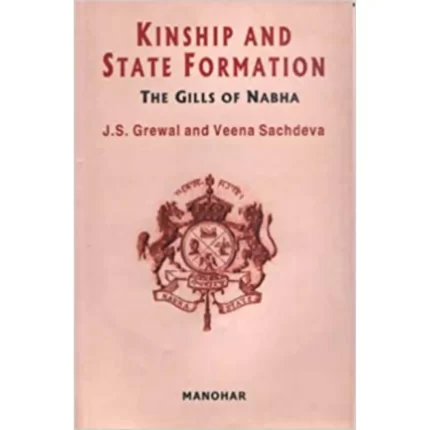

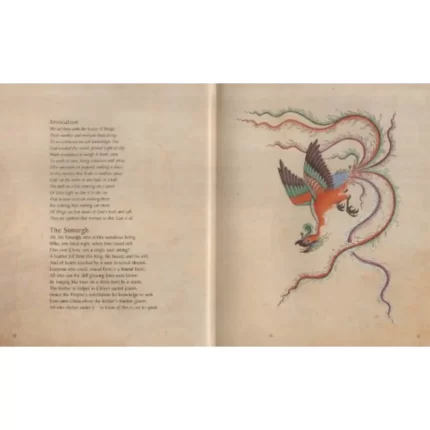


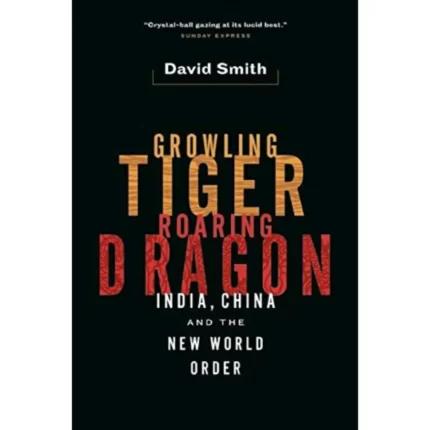
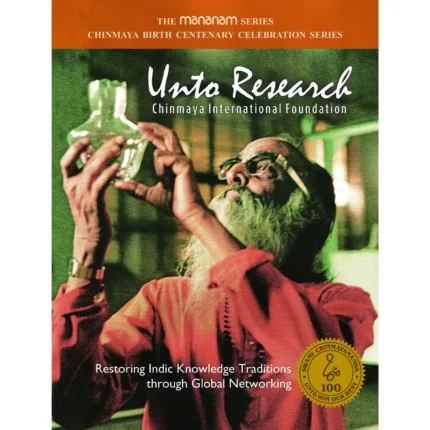
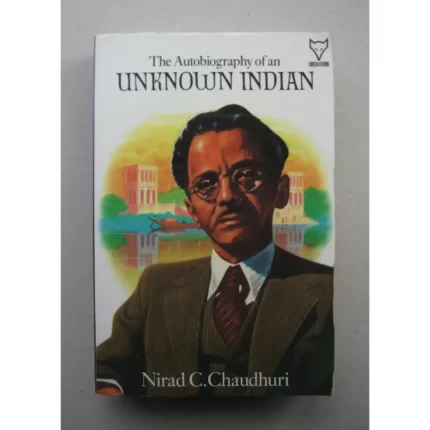
Reviews
There are no reviews yet.